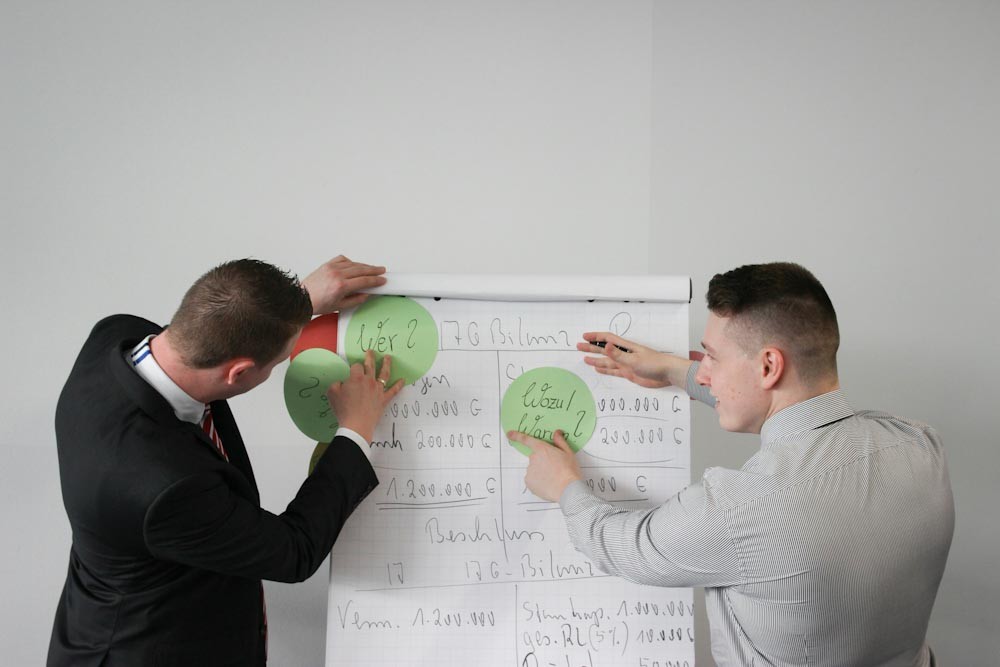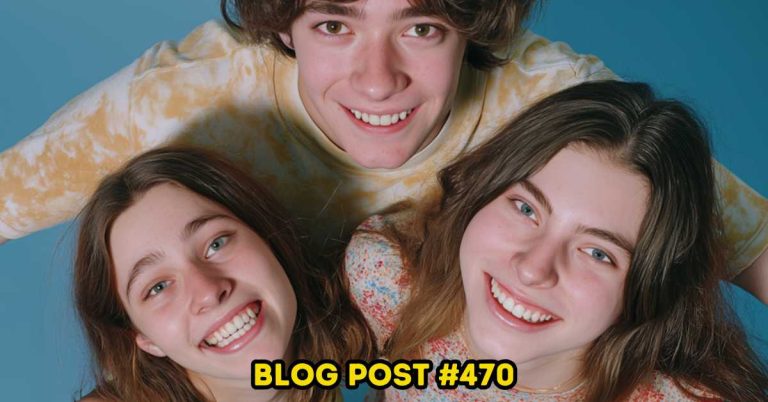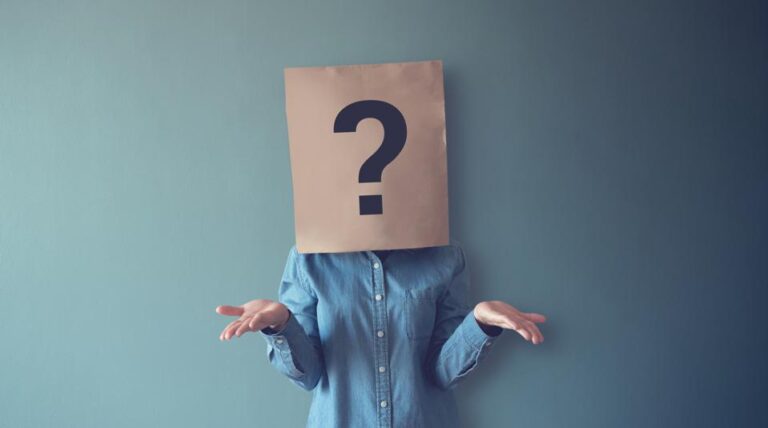
I remember walking into a tattoo studio and seeing all these people getting tattoos. I wondered if any of these clients had received a notice from the tattoo artist saying, “Are you sure you want to get a tattoo? You may regret it later.”
While it’s possible that there are places where tattoo artists are legally obliged to ask this, for the most part, they are happy to do their work and leave ethical, moral, or other considerations up to the clients themselves. After all, the clients are usually over 18 years old, and actually telling them not to get a tattoo could result in losing business. But there’s more to it.
Many other industries in the world sell their products without any ethical, moral, or other considerations. They are primarily interested in profit, which leads to people over-consuming their products, consuming them incorrectly, or selling unhealthy products to the general public.
For example, no alcohol brand will say “Drink a maximum of 2 beers, please!” Instead, they will say something like “drink responsibly,” and that’s only because they are legally required to do so.
I’m also thinking about companies that sell products with added sugar, as American Heart Association suggests:
“Men should consume no more than 9 teaspoons (36 grams or 150 calories) of added sugar per day. For women, the recommended maximum is lower: 6 teaspoons (25 grams or 100 calories) per day.”
However, one 0.33ml can of Coca-Cola contains 10.6g of sugar, which is roughly one-third of the maximum daily limit for most people. This means that consuming a can of Coca-Cola puts individuals at risk of over-consuming sugar and experiencing negative health effects, rather than achieving the promised “happiness in a bottle.”
Overall, consumers are left to navigate these choices on their own, with ignorance often considered bliss. These large corporations are more than happy to influence our behavior in ways that are detrimental to our self-interest and health, while simultaneously asserting that we have free will. In reality, they invest a significant amount of time, money, and influence into attempting to manipulate our free will in favor of their own self-interest.
So, the question arises: “how much is enough?” Reading a book with a similar title, it suggests that the answer is “the more, the better.” However, in reality, it often seems that having more actually leads to less satisfaction and happiness, as we constantly fill our minds and bodies with toxic influences, perpetually feeling like we never have enough and therefore we are never enough.
On a side note, I never intended to create Optimal Happiness. It was originally born out of personal necessity to cope with my own depression and later to assist others in overcoming similar challenges. I mean, it is disheartening that in our modern society we are still unable to naturally experience joy and fulfillment without having to navigate through a complex web of misinformation and manipulation in pursuit of a good and happy life.
However, we live in a world that constantly challenges our perceptions, willpower, and intellect. This is why, unfortunately, Optimal Happiness is here to stay, attempting to make its small contributions towards resolving the world’s unhappiness and informing people about what truly leads to living our best possible lives and finding true happiness.
Stay strong and happy.















2 thoughts on “How Much is Enough: When More is Less ”
Reality of Brands and social influencers. They don’t consume those products but they ask people to consume it to earn healthy amount of money from brands to fooling people. :(
The world is indeed a bit strange in that regard. We must learn to protect ourselves, as doing so can lead to a happier life.